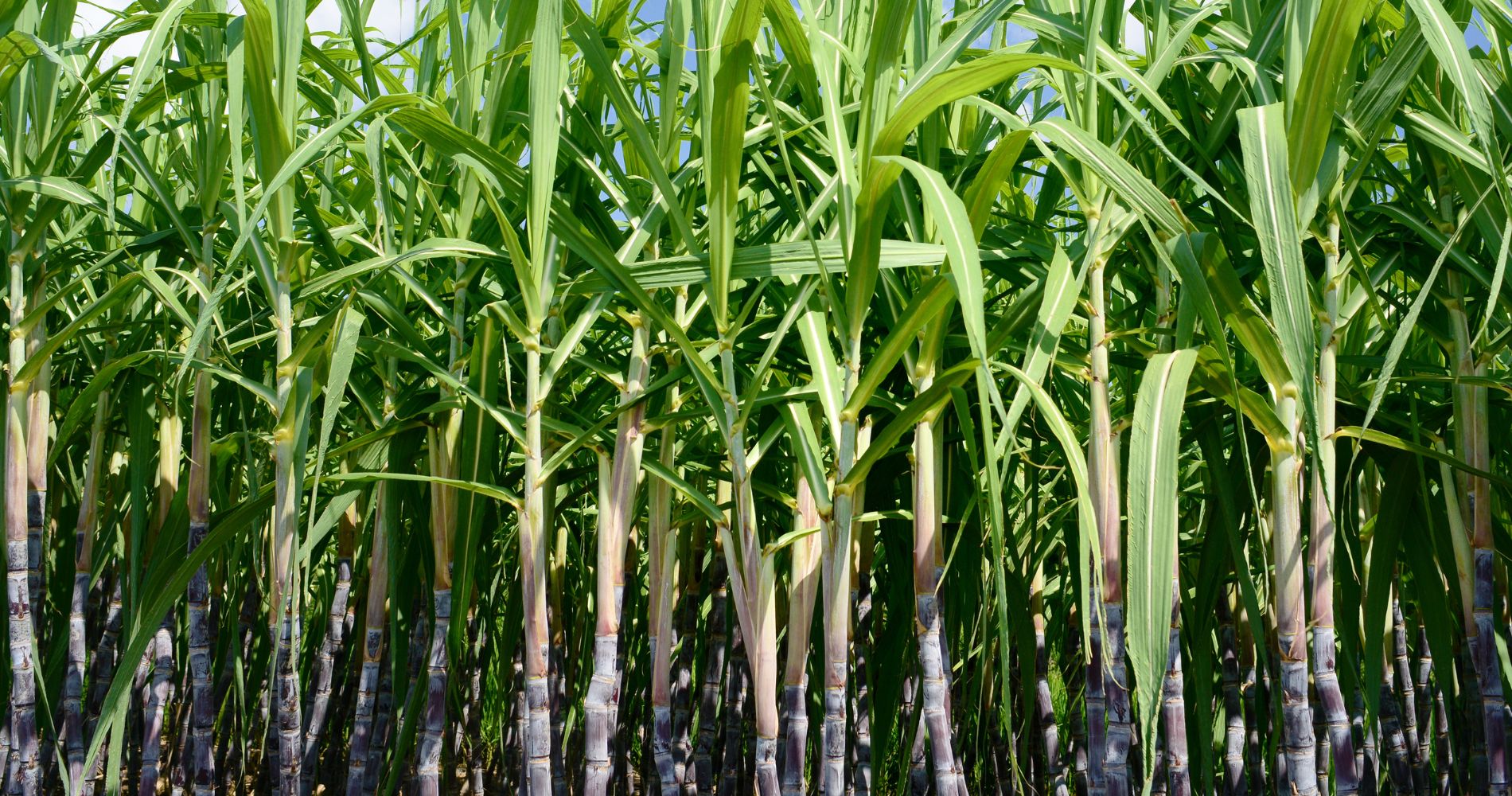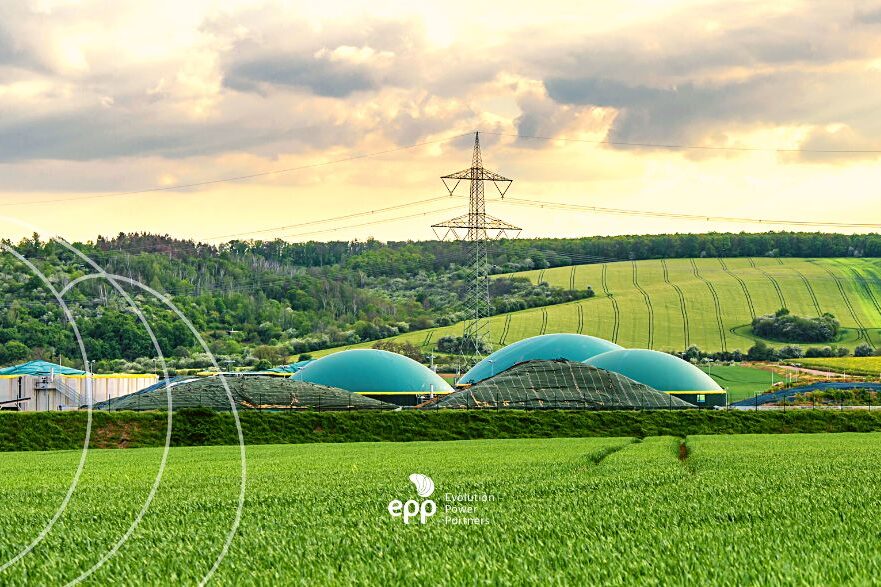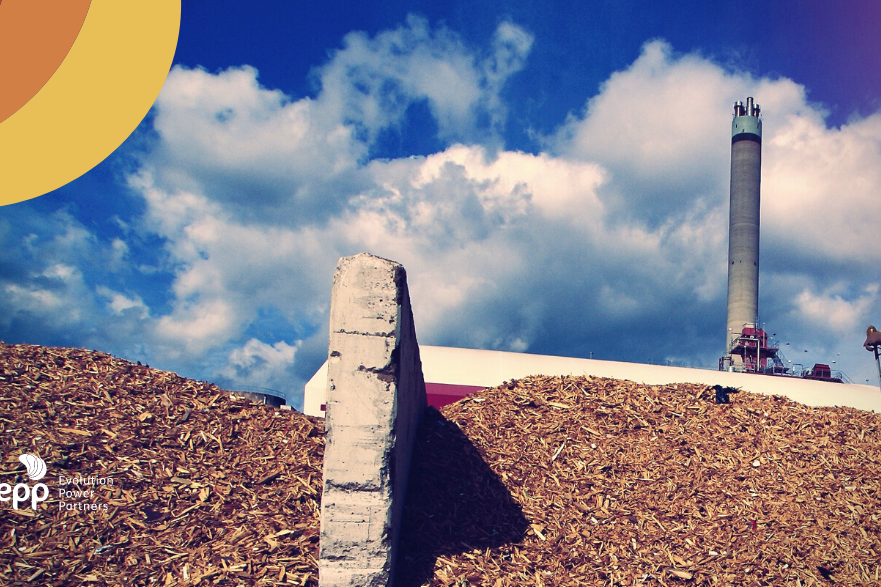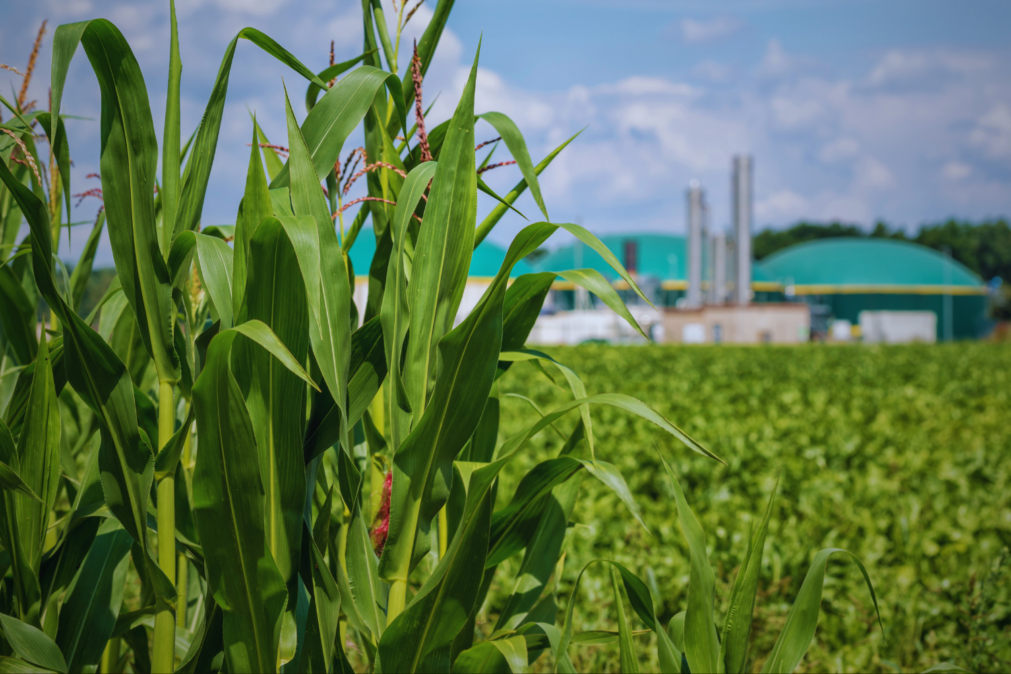In the next ten years, Brazil is expected to experience significant growth in biofuel supply, according to studies recently released by the Ministry of Mines and Energy (MME) and the Energy Research Company (EPE). The 2034 Energy Expansion Plan (PDE), published in September 2024, highlights the country’s central role in the global energy transition. According to the study, the supply of ethanol, biodiesel, and other biofuels is expected to grow robustly, contributing to the diversification of the energy matrix and reducing greenhouse gas emissions (GHG).
According to projections, the supply of ethanol, derived from sugarcane and corn, could reach 48 billion liters by 2034, representing an average annual increase of 3.8% compared to 2022. Demand for ethanol fuel, in turn, is expected to reach 45 billion liters, ensuring a positive balance throughout the period. The use of ethanol, especially in the automotive sector, will be driven by the greater competitiveness of hydrated ethanol compared to gasoline, as well as incentives from the RenovaBio program, which promotes biofuels in Brazil.
The study also presents estimates for the production of bioelectricity from sugarcane, biogas, biodiesel, and green diesel. For example, energy generated from sugarcane bagasse could reach a capacity of 5.8 average gigawatts (GWm) by 2034. This capacity could be expanded by using other sugarcane residues, such as straw and tops, increasing the share of biomass in Brazil’s electricity matrix.
One of the study’s highlights is the potential for biogas production, which could reach 6.4 billion cubic meters (Nm³) by 2034, mainly from residues from the sugar-energy sector, such as vinasse and filter cake. When converted to biomethane, this volume would be enough to meet 17% of Brazil’s natural gas demand in 2023. Biomethane emerges as a viable and strategic alternative to reduce emissions from the transport sector and contribute to the energy transition.
Regarding biodiesel, production is expected to follow the percentages set by law for blending with fossil diesel. The biodiesel content in diesel B, currently at 15%, could lead to a demand of 13.6 billion liters by the end of the period. Soybean oil remains the main feedstock, with expectations to maintain its leadership in biodiesel production, although other sources, such as used cooking oil and palm oil, are also growing.
The study also highlights the emerging role of sustainable aviation fuels (SAF), which will be crucial in meeting emission reduction targets for commercial aviation. SAF production in Brazil, projected to reach 1.1 billion liters annually by 2034, will be essential to meet international requirements, such as the Carbon Offsetting and Reduction Scheme for International Aviation (CORSIA). CORSIA, mandatory from 2027 for signatory countries, requires that international emissions above 2019-2020 levels be offset with carbon credits or the use of sustainable fuels.
In addition to SAF, the PDE 2034 study discusses opportunities for green diesel and other biofuels, such as hydrotreated vegetable oil (HVO), bionaphtha, and bioLPG. Brazil has the opportunity to position itself as a global leader in producing and exporting these fuels, leveraging its vast experience in ethanol and biodiesel production.
The document also mentions technological innovations such as carbon capture and storage in bioenergy (Bio-CCS), which could further reduce the carbon intensity of biofuels. These technologies will be critical to ensuring Brazil meets its climate targets and contributes effectively to reducing global GHG emissions.
Government programs, such as RenovaBio, the National Biodiesel Production and Use Program (PNPB), and the Future Fuel bill, are identified as essential for the sustainable development of biofuels in the country. These public policies offer economic and fiscal incentives to the sector, promoting competitiveness and technological innovation.
According to the study, regional diversification in biodiesel production will be fundamental to ensuring the sector’s sustainability. Encouraging crops adapted to the climate conditions of the North and Northeast regions could increase production in these areas, reducing regional inequalities and promoting local economic development.
Another crucial point discussed is the international market. As one of the world’s largest biofuel exporters, Brazil will play an important role in global supply. Net exports of ethanol and biodiesel are expected to continue growing, particularly to countries like the United States, the European Union, and China, which have policies promoting renewable energy use.
Finally, the PDE 2034 emphasizes the importance of long-term strategic planning that considers global clean energy demands and Brazil’s internal needs. The transition to a low-carbon economy will be challenging, but Brazil is well-positioned to lead this transformation thanks to its productive capacity and wealth of natural resources.







